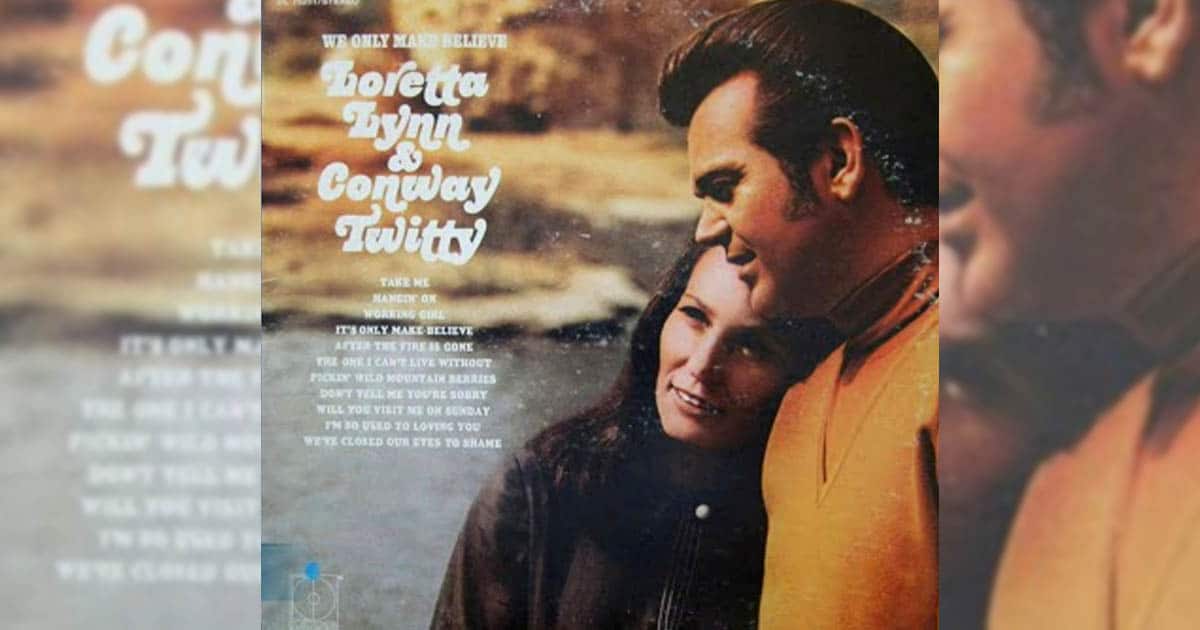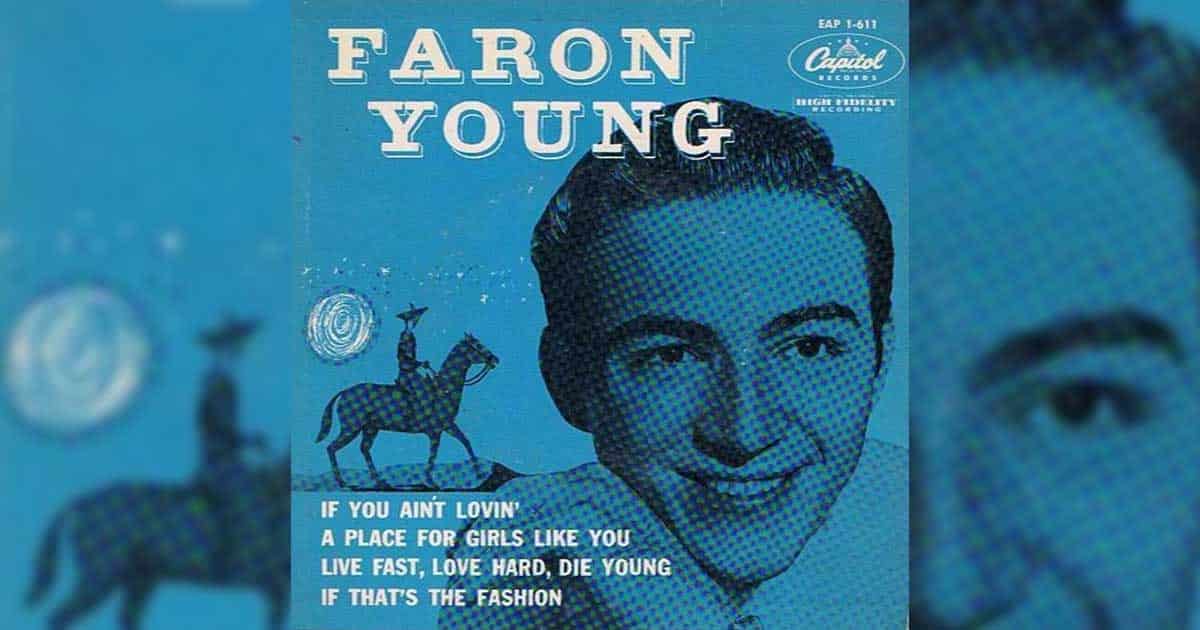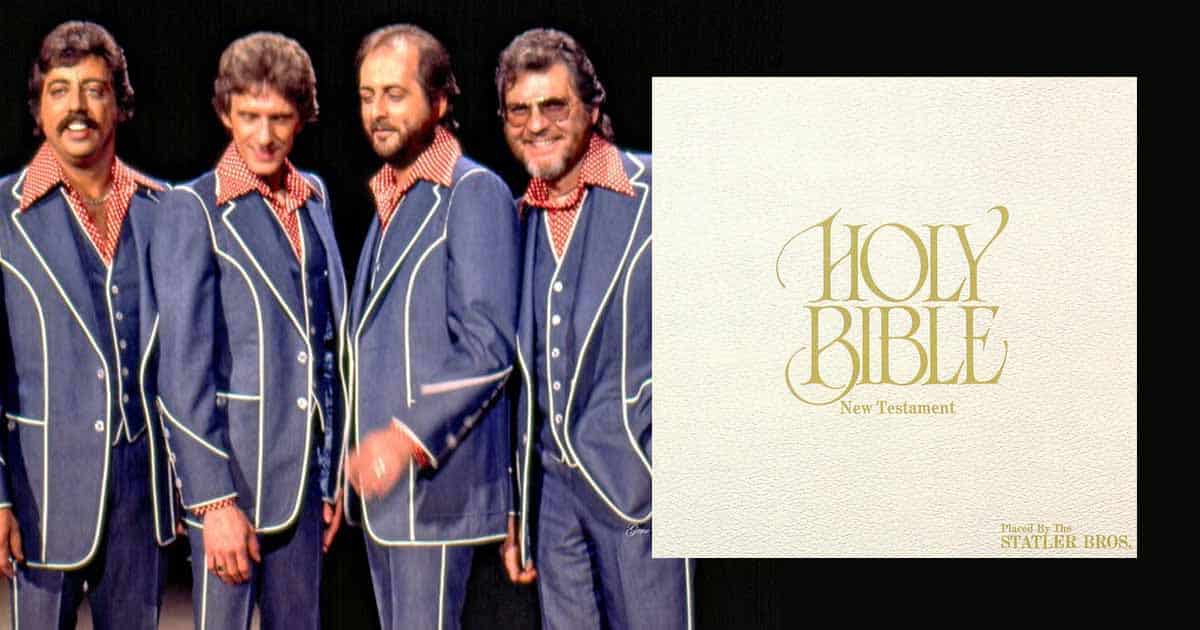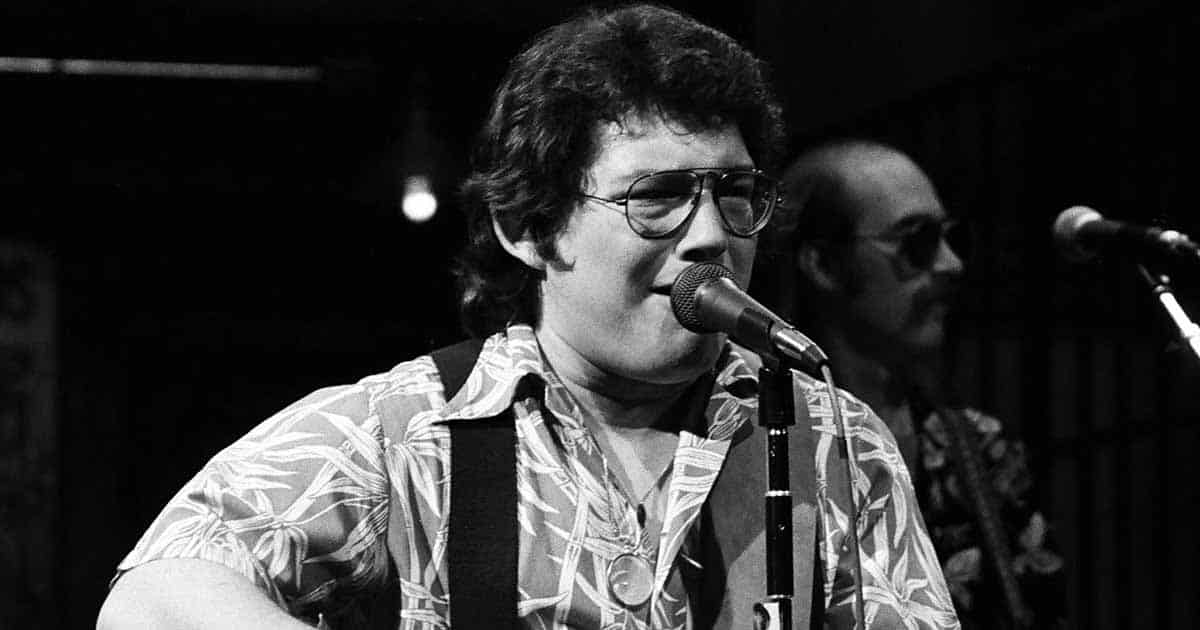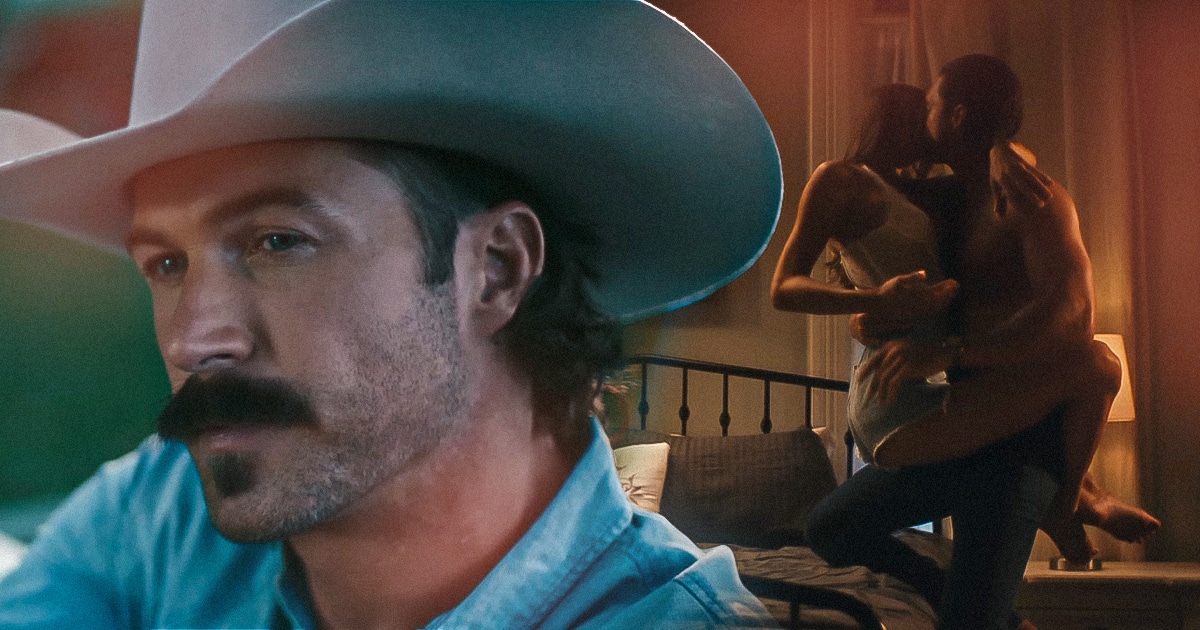Written by L.E. White, Conway Twitty and Loretta Lynn made their first first No. 1 hit as a duo when they released “After the Fire is Gone” on January 4, 1971. It was the lead single to their first collaborative studio album We Only Make Believe. Twitty and Lynn may have added one of the best country duets in the history books with this one.
Through his rich and touching vocal tone, Twitty made it one of his most definitive hits, whereas Lynn’s flinty country drawl proved that this is a must-hear duet.
The single topped the Billboard Hot Country Singles chart for two weeks and gained a favorable position on the Canadian RPM Country Tracks at No. 4. It then entered the Billboard Hot 100 at No. 56. This won them the Best Country Performance by a Duo or Group with Vocal at the 1972 Grammy Awards.
Twitty and Lynn never had a relationship together, but they certainly know how to deliver a subtle, steamy love affair. Rolling Stone proclaimed that “even if it was all make-believe, they sang it with enough passion that sparked an ember on the charts.” As their vocals soared over the twangy steel guitar, the pair’s chemistry was off the roof.
“Everybody thought me and Conway had a thing going because of the songs we recorded,” Lynn explained to NPR in 2010. “But me and Conway were friends. We wasn’t lovers.”
Years passed, and several artists reimagined the song—Willie Nelson and Tracy Nelson released their version in 1974, Tanya Tucker recorded it for her 2010 album My Turn, whereas Allison Moorer and Steve Earle featured it on the 2010 tribute album to Lynn’s classics called Coal Miner’s Daughter.
Meaning Behind the Song
“After the Fire is Gone” is a tasteful, poignant drama of two lovers who can’t get enough of each other. Conway Twitty and Loretta Lynn convey the story of a forbidden love, where they hold onto memories of each other’s touch—“Your lips are warm and tender; your arms hold me just right.”
In essence, they simply couldn’t resist temptation, as interpreted in “Each time we say is the last time but we keep hangin’ on” because the love they seek wasn’t found at their homes but rather in each other’s arms. Despite being fully aware that what they’re doing is inappropriate, they still pursue the relationship passionately. This shows that their love holds firm regardless of what stands against them.
The line “when you find no love at home” could mean that their other partners didn’t love them as they wanted. So instead, they depend on each other for romantic intimacy. It is a story of yearning and desire that may seem wrong but feels just right.
Witness as Conway Twitty and Loretta Lynn bring you an intimate performance of their duet “After the Fire is Gone.”

